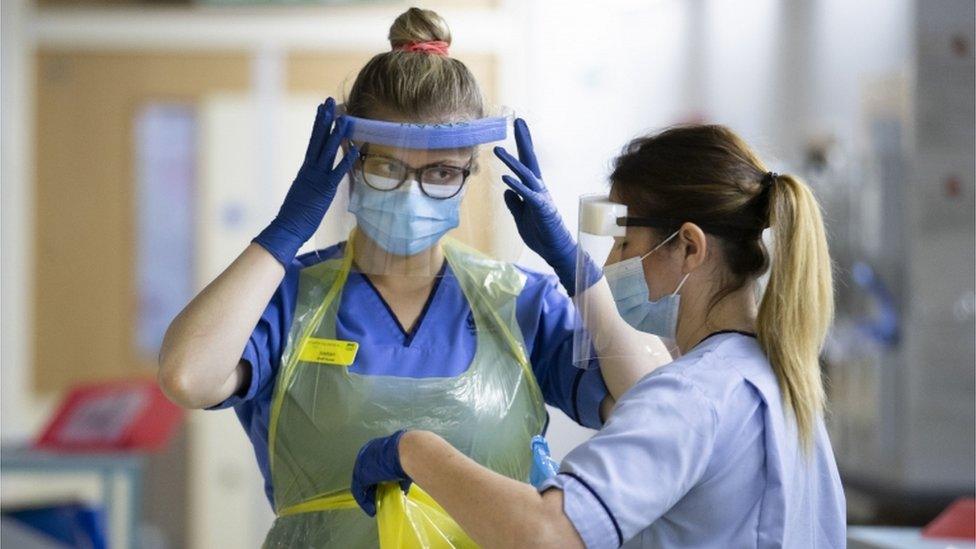'I was quite isolated': Children share their Covid experiences
- Published
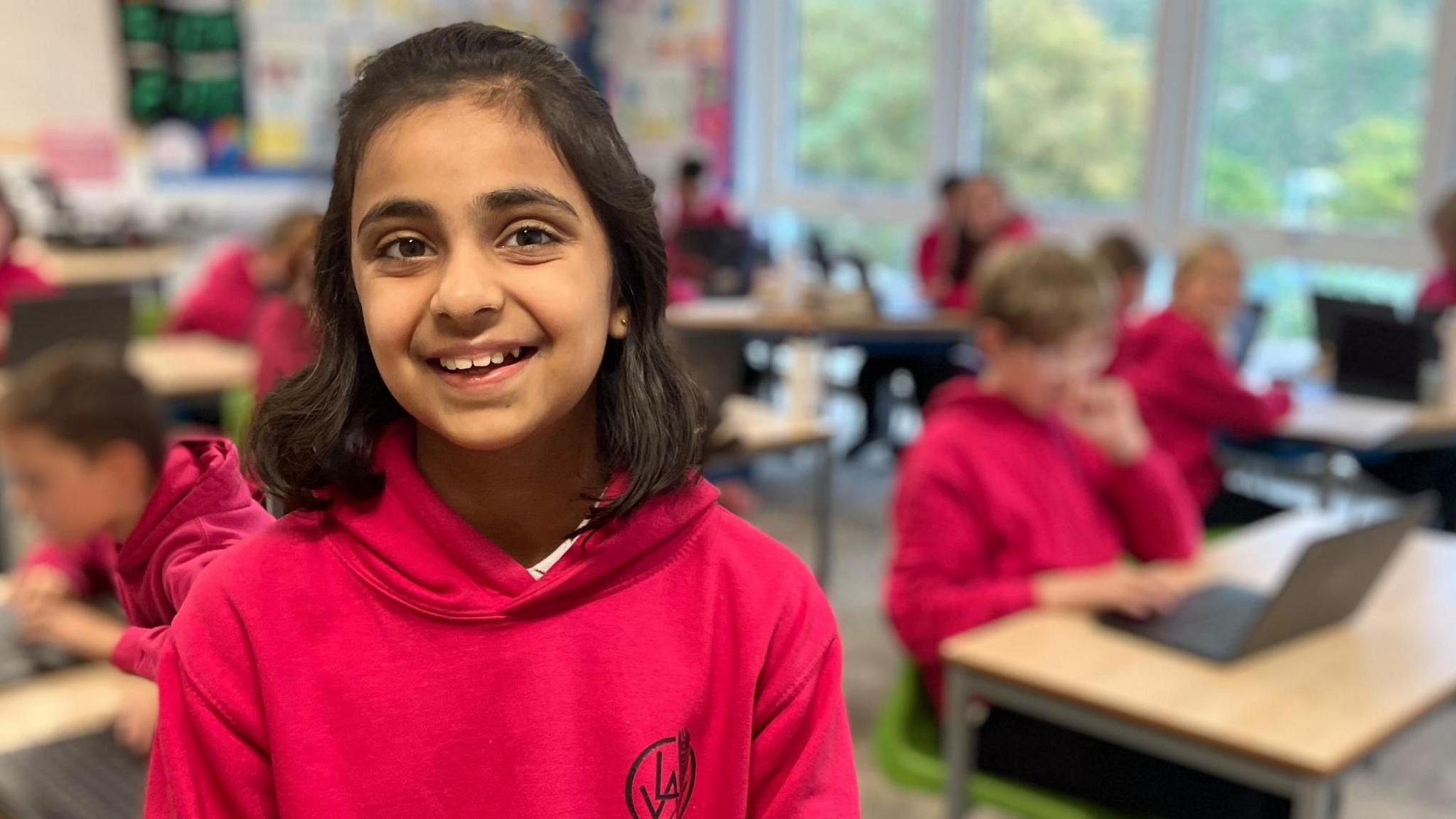
Primary seven pupil Aisha took part in the survey for the Scottish Covid Inquiry
The Scottish Covid Inquiry is asking children and young people across the country to share their experiences of the pandemic.
The inquiry's next phase of public hearings, which will begin in Edinburgh in November, will look at its impact on education.
Young people will not give evidence in person, but the inquiry team is running surveys to gather experiences from teachers, childcare professionals and children aged eight years and older.
Aisha is one of the primary seven pupils at Law Primary in North Berwick who took part in the 15-minute survey, which asks them about their experience during the pandemic.
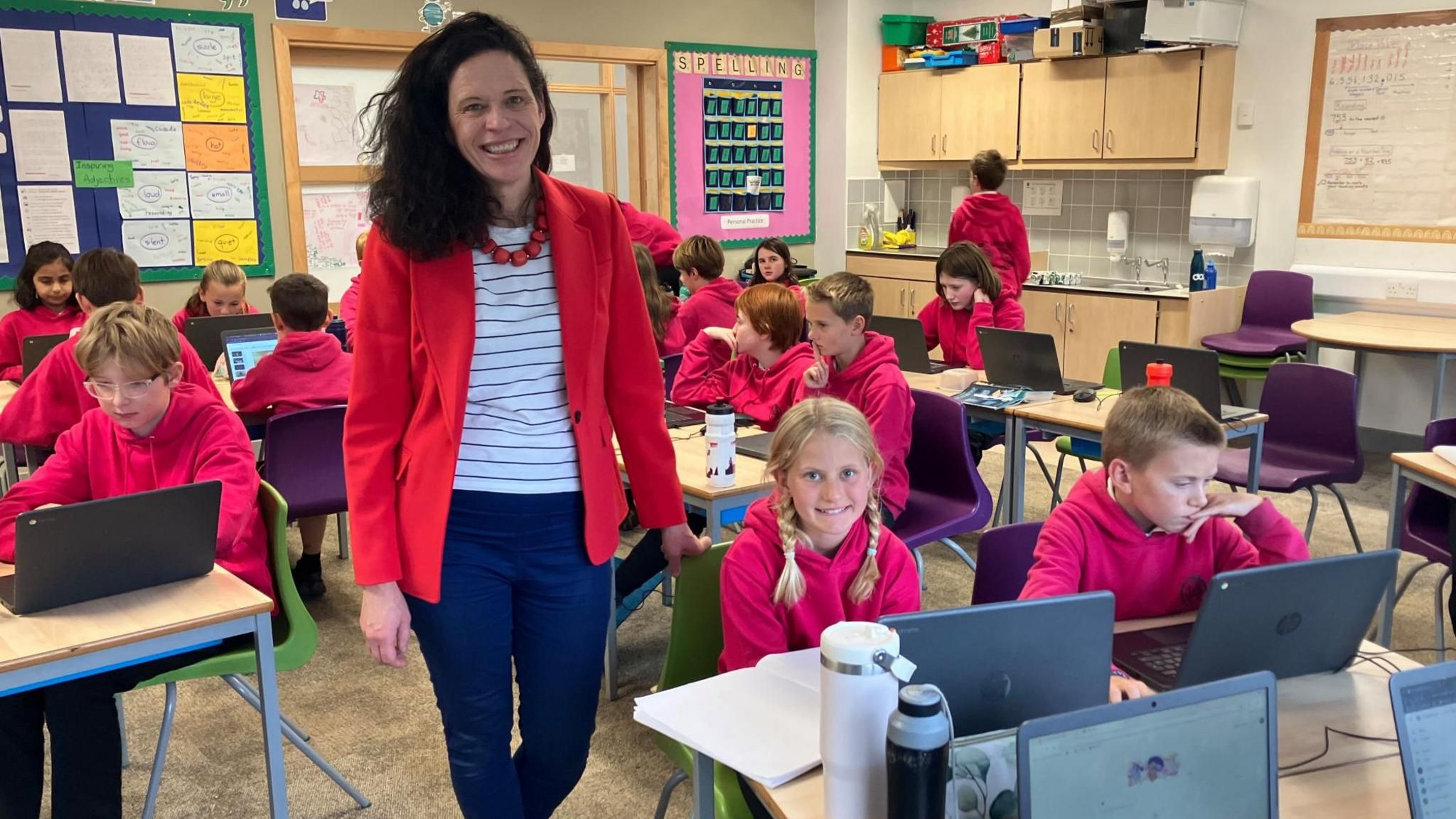
Teacher Clare Brodie says it can be difficult for the children to recall details of the pandemic
She says she remembers being scared.
"Just hearing about it on the news, what people had been going through having Covid, and the tests people had to do and all the injections - I didn't like thinking about that," she says.
"I was quite isolated and I felt like I had no-one to play with apart from my sister.
"I just sat around, and it was boring because there was nothing to do all day."
Her classmate Molly also struggled with social isolation and says it still affects her today.
"I didn't like to talk to people as much, because we didn't get to talk to people," she says.
"It made me less talkative because it was a lot harder. I'm still not as talkative as I usually would have been."
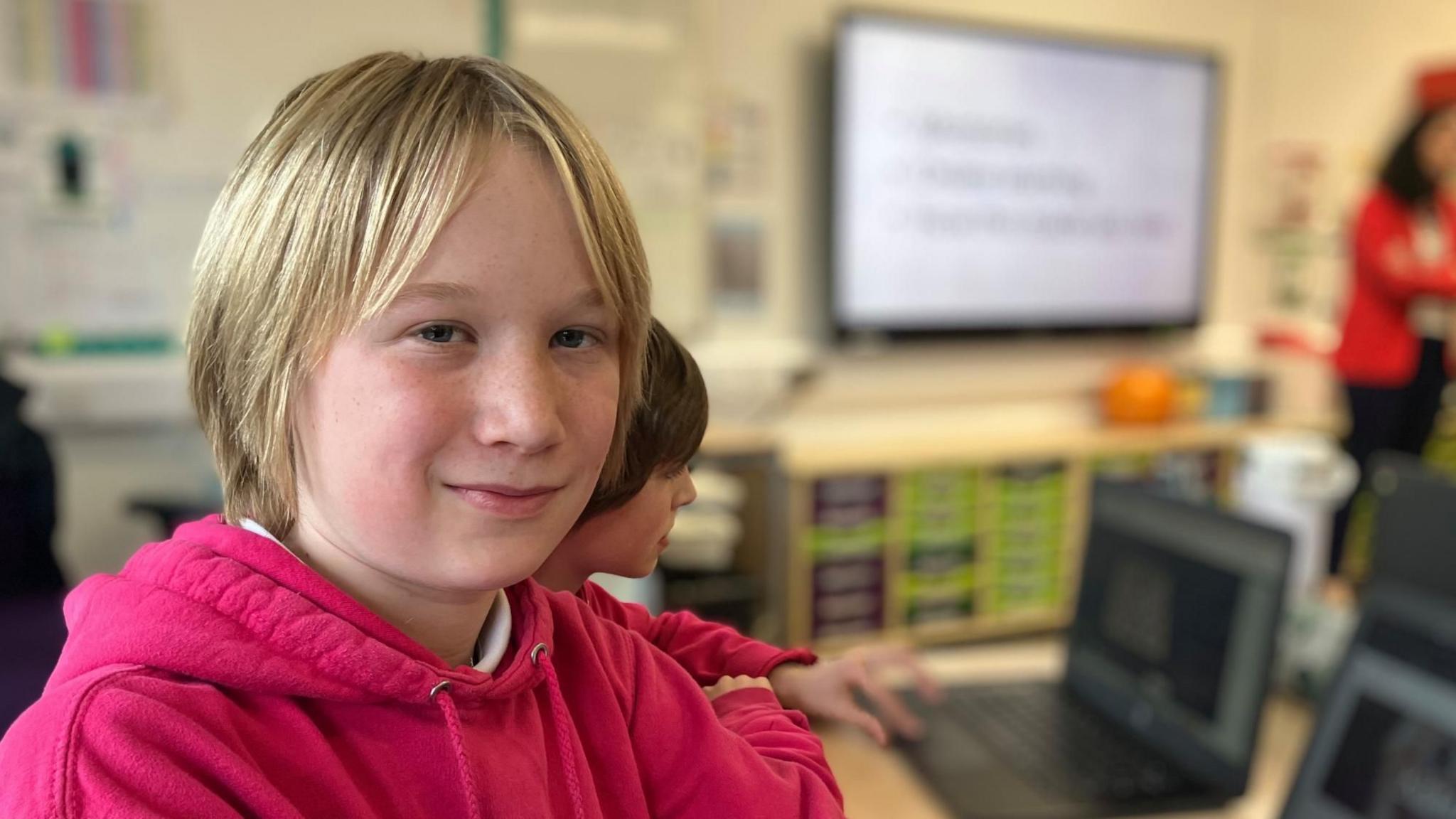
Louis was in primary two when schools closed in 2020
Louis was in primary two at the start of the pandemic. He said: "When you're in P2 you don't really understand.
"Now I realise how big the effects of Covid had been, but when I was in P2 I thought we just had to stay inside."
Etta recalls drawing pictures to put around the house, and going out every day to make noise to thank those working in the NHS. But she also remembers the struggles with home schooling.
"We didn't have a printer then, so my mum had to draw all the worksheets out onto paper so I could do them."
Some children have happy memories of spending more time with their families.
“I just treated it like a really long weekend,” says Samuel.
“None of the golfers could play golf so me and my dad and my brother rode our bikes on the golf course and it was very fun.
“We also made a little trojan horse and a castle out of cardboard and wood and re-enacted the invasion of Troy.”
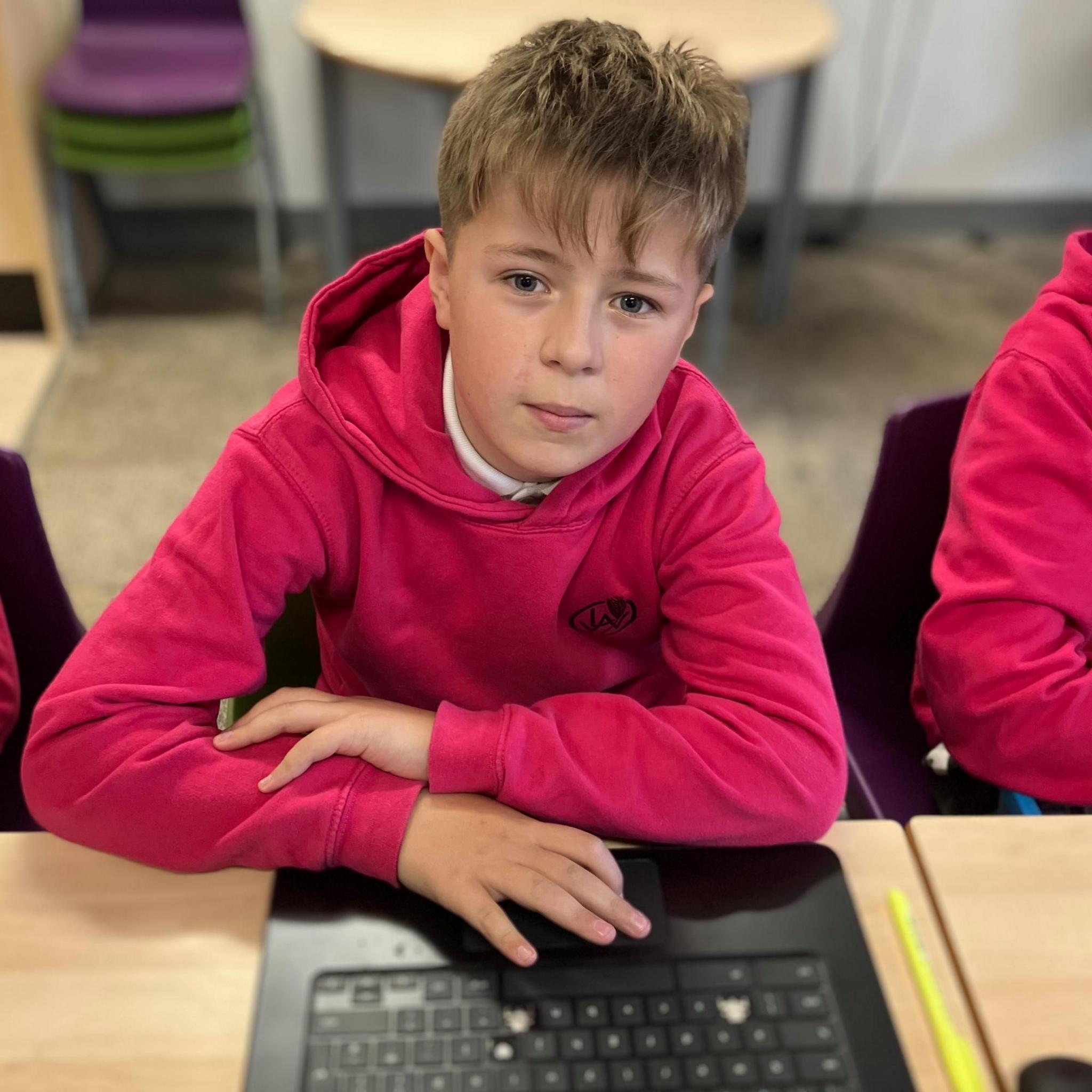
Samuel has some positive memories of spending time with his family
Teacher Clare Brodie says it's difficult for the children to recall details because they were only six or seven years old when schools were ordered to close in March 2020.
"They've been thinking about it themselves and talking to family at home about the experiences and memories and reflecting on them," she says.
"I think it's been useful for them to think back and consider that time and the impact it might have had on them."
She says one positive outcome is pupils' and teachers' improved ability to use digital technology.
Miss Brodie says there is also better awareness of mental wellbeing because teachers have had to help children struggling with social interaction.
"We have seen a noticeable change in the development of pupils' ability to communicate and interact face to face compared to the past, and their ability to resolve personal difficulties or disruption themselves.
"It's been very difficult for them at times.”
She hopes taking part in the survey will help pupils process what they went through.
"I think their experiences will be very different from adults and often can't be predicted, so it's important we hear their voices to better understand the impact on them."
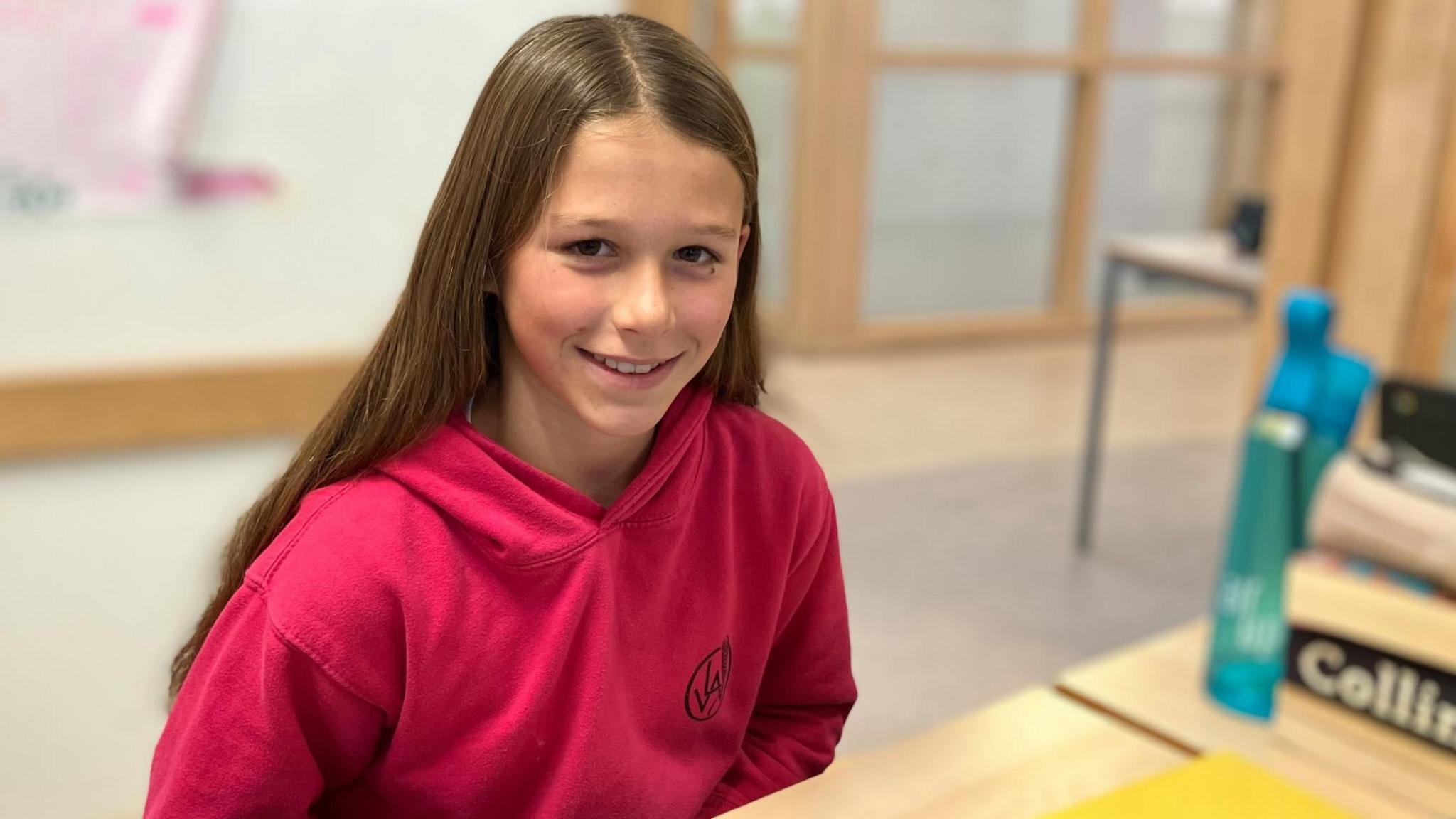
The Scottish Covid Inquiry's chief executive, Ian Duddy, says the evidence collected from young people will help learn lessons about how to protect them in any future pandemic.
The second tranche of public evidence sessions before Lord Brailsford begins on 5 November.
They will look at education and certification, including disruption to exams, and will hear mainly from organisations representing groups affected, rather than from many individual witnesses.
The initial nine weeks of hearings focused on health and social care, during which 154 witnesses gave oral evidence.
Mr Duddy says the inquiry has already collected a huge amount of information from charities and groups who work with young people.
"When it comes to the hearings themselves, we didn't think it was appropriate to put children under that pressure and under that spotlight," he explained.
He says the surveys are designed to be “as simple and non-intimidating as possible.”
The inquiry aims to identify any unequal impacts on education and care across Scotland, and look at whether a digital divide affected home schooling, as well as the impact on children’s wellbeing and their mental health.
Every school in Scotland has been asked to complete the survey, external before Friday 29 November.
- Published14 March 2024
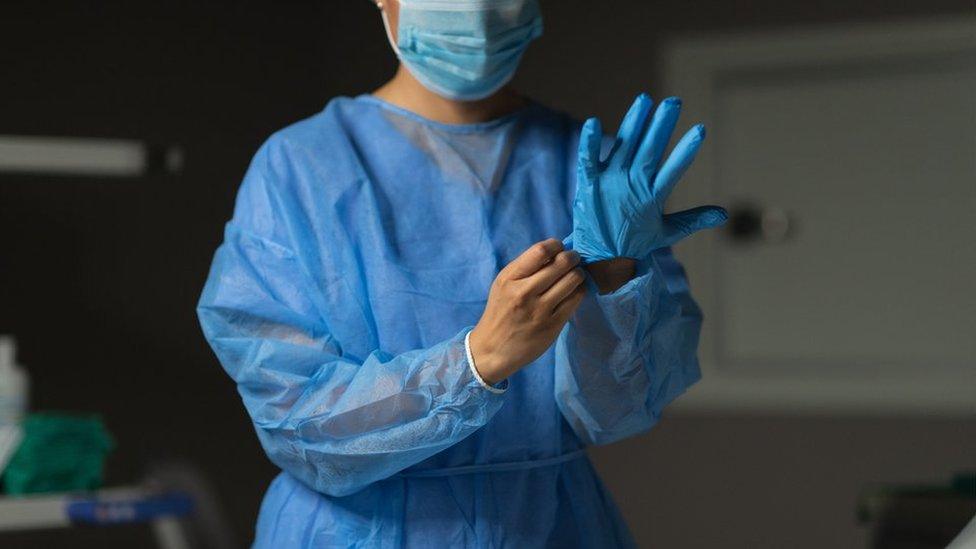
- Published2 November 2023
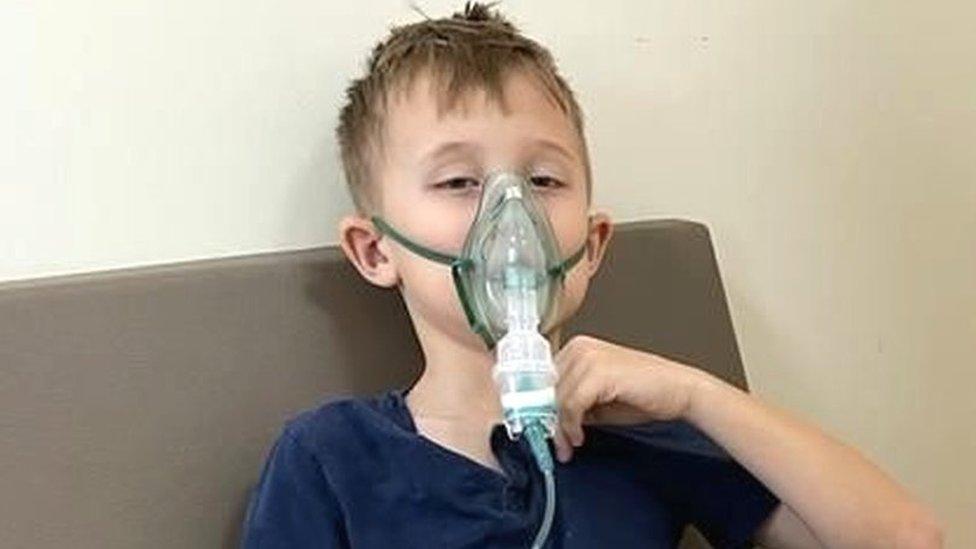
- Published24 October 2023
